Salticidae on Water
$19.00 – $400.00The jumping spider family contains more than 500 described genera and about 5,000 described species, making it the largest family of spiders with about 13% of all species.

The jumping spider family contains more than 500 described genera and about 5,000 described species, making it the largest family of spiders with about 13% of all species.

Platycryptus undatus, also called tan jumping spider, is a species of jumping spider.

Mites, along with ticks, are small arthropods belonging to the subclass Acari and the class Arachnida. The scientific discipline devoted to the study of ticks and mites is called acarology.

The annelids (Annelida, from Latin anellus, “little ring”), also known as the ringed worms or segmented worms, are a large invertebrate phylum, with over 17,000 modern species including ragworms, earthworms, and leeches.
Oligochaetes are full hermaphrodites and produce a ring-like cocoon around their bodies, in which the eggs and hatchlings are nourished until they are ready to emerge.

The annelids (Annelida, from Latin anellus, “little ring”), also known as the ringed worms or segmented worms, are a large invertebrate phylum, with over 17,000 modern species including ragworms, earthworms, and leeches.
Oligochaetes are full hermaphrodites and produce a ring-like cocoon around their bodies, in which the eggs and hatchlings are nourished until they are ready to emerge.
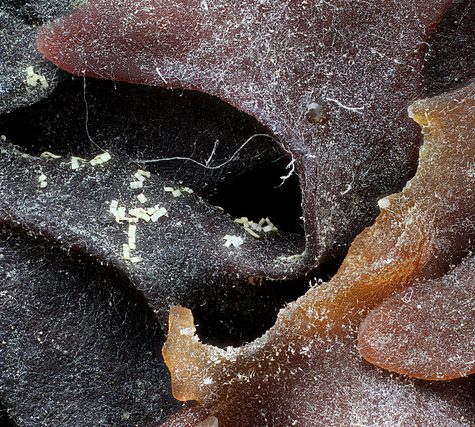
The red algae, or Rhodophyta, are one of the oldest groups of eukaryotic algae, and also one of the largest, with about 5,000–6,000 species of mostly multicellular, marine algae, including many notable seaweeds.
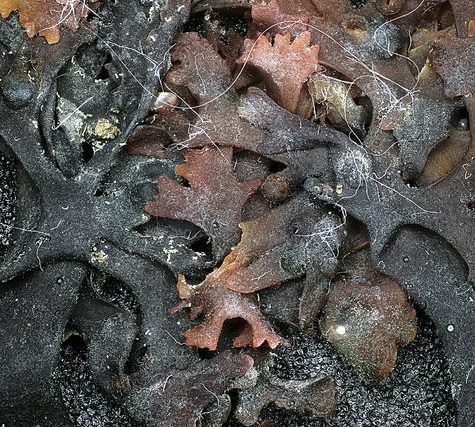
The red algae, or Rhodophyta, are one of the oldest groups of eukaryotic algae, and also one of the largest, with about 5,000–6,000 species of mostly multicellular, marine algae, including many notable seaweeds.
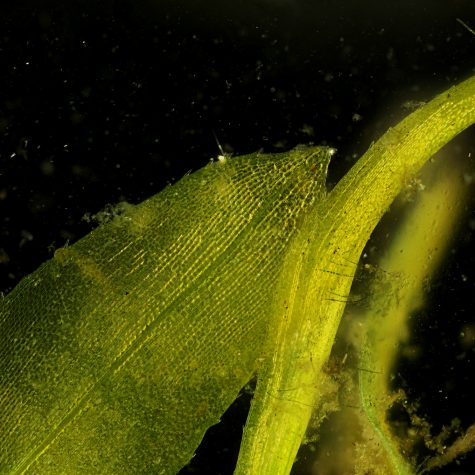
The green algae are a large, informal grouping of algae consisting of the Chlorophyte and Charophyte algae, which are now placed in separate Divisions. The land plants or Embryophytes are thought to have emerged from the Charophytes.
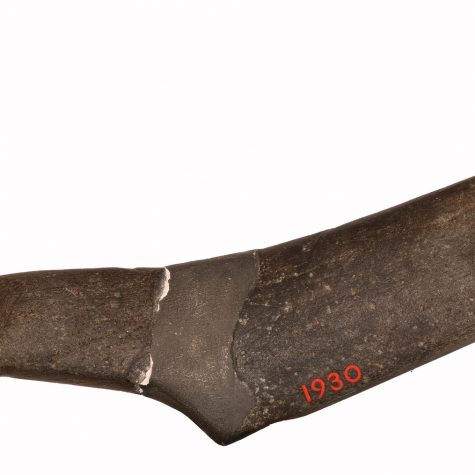
Bird stones are prehistoric, abstract stone carvings made by Native Americans. The artifacts were a common inclusion in graves and thought to have ceremonial importance. They are noted for their distinctive simplicity and beauty.
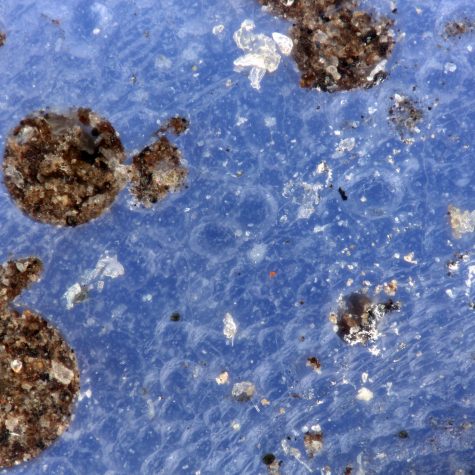
Making beads is an old craft. Bone, stone (turquoise and other semi-precious stones) and shell beads are still made the ancient way, little affected by modern technology. Sea shells, the commonest material for handmade beads, have been important native regional trade items for thousands of years.
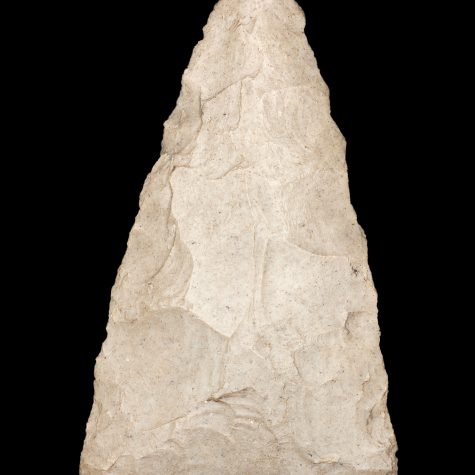
The bow and arrow represents one of the great technological advancements in weaponry in the ancient world. In fact, the bow is the first mechanical device that could store energy, as the arrow was held in the string before its release. Recent distance records in flight archery for pulled bows are around one third mile, the longest crossbow shot is 1.16 miles! Bows and arrows were used just about everywhere in the world except Australia where spear throwers were the preferred weapon. Triangular shaped arrow points were one of the most common types of arrow points used on the tips of arrows.
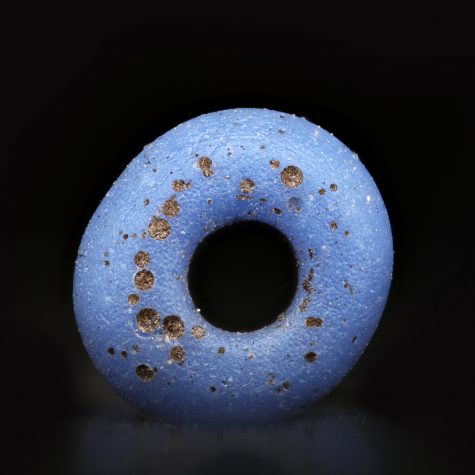
Making beads is an old craft. Bone, stone (turquoise and other semi-precious stones) and shell beads are still made the ancient way, little affected by modern technology. Sea shells, the commonest material for handmade beads, have been important native regional trade items for thousands of years.
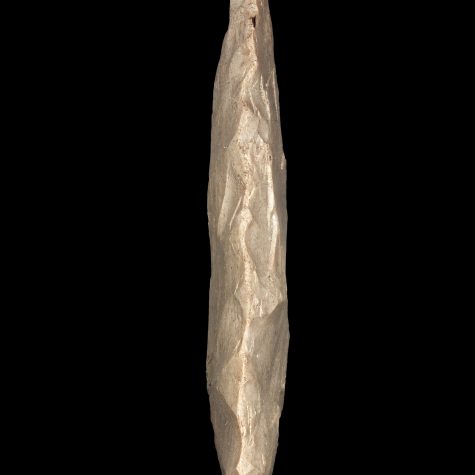
The bow and arrow represents one of the great technological advancements in weaponry in the ancient world. In fact, the bow is the first mechanical device that could store energy, as the arrow was held in the string before its release. Recent distance records in flight archery for pulled bows are around one third mile, the longest crossbow shot is 1.16 miles! Bows and arrows were used just about everywhere in the world except Australia where spear throwers were the preferred weapon. Triangular shaped arrow points were one of the most common types of arrow points used on the tips of arrows.
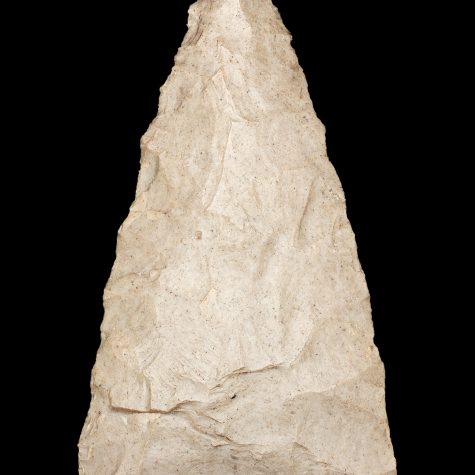
The bow and arrow represents one of the great technological advancements in weaponry in the ancient world. In fact, the bow is the first mechanical device that could store energy, as the arrow was held in the string before its release. Recent distance records in flight archery for pulled bows are around one third mile, the longest crossbow shot is 1.16 miles! Bows and arrows were used just about everywhere in the world except Australia where spear throwers were the preferred weapon. Triangular shaped arrow points were one of the most common types of arrow points used on the tips of arrows.
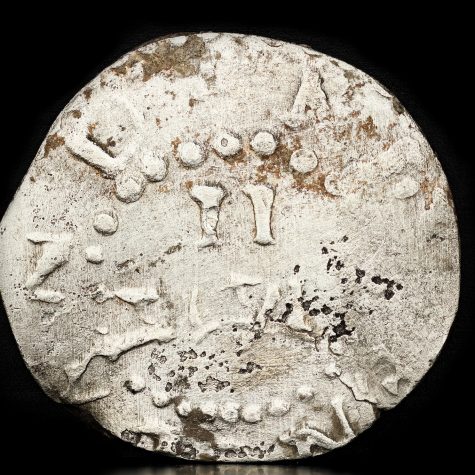
The Willow Tree series was replaced because of a new technology. Rather than simply using the older hammer striking method Richard Doty has suggested Hull changed to a rocker arm press. The dies needed for a rocker arm press were quite different from dies used in the hammer strike method. A rocker press used large-sized rectangular shaped dies with a curved face so that the die could rock back and forth. The image for the coin was then engraved on the curved face of the rocker, one rocker for the obverse and another for the reverse (click here for picture of rocker dies). The two rocker dies would then be mounted face to face in the press. By pulling a lever the upper and lower rockers would press against each other with a rolling motion (click here for picture of a rocker press). As long as the two dies were properly aligned a blank planchet placed between them would be impressed with the design of the dies.
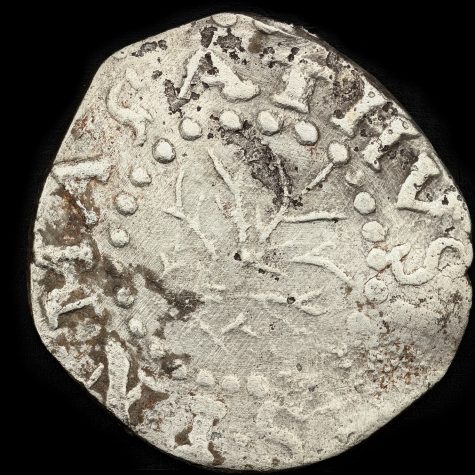
The Willow Tree series was replaced because of a new technology. Rather than simply using the older hammer striking method Richard Doty has suggested Hull changed to a rocker arm press. The dies needed for a rocker arm press were quite different from dies used in the hammer strike method. A rocker press used large-sized rectangular shaped dies with a curved face so that the die could rock back and forth. The image for the coin was then engraved on the curved face of the rocker, one rocker for the obverse and another for the reverse (click here for picture of rocker dies). The two rocker dies would then be mounted face to face in the press. By pulling a lever the upper and lower rockers would press against each other with a rolling motion (click here for picture of a rocker press). As long as the two dies were properly aligned a blank planchet placed between them would be impressed with the design of the dies.